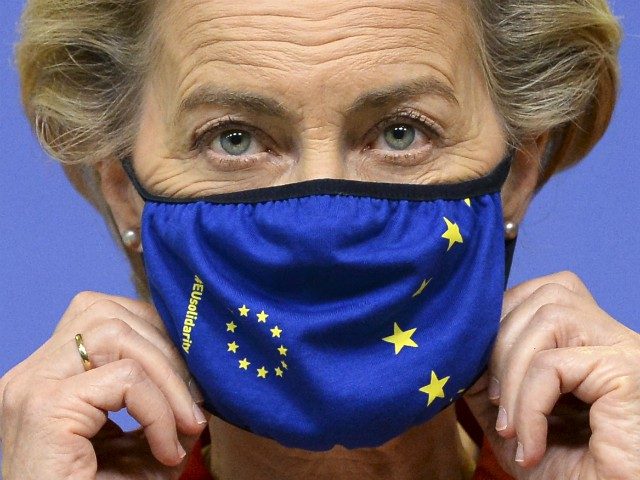The European Commission has reportedly authorised the Italian government to block a shipment of AstraZeneca vaccines destined for Australia, using for the first time an export control system the EU created if it deemed a drugs company had failed to deliver its orders to the European Union.
Two sources speaking to Reuters said on Thursday that the EU’s powerful executive arm had agreed to Italy’s request to deny Swedish-British firm AstraZeneca to ship 250,000 doses of its coronavirus vaccine from its Anagni plant, near the Italian capital of Rome.
If correct, the move would be the latest row between the drugs company and the European Union. In January, AstraZeneca told the EU that owing to production issues at its European plants, the first batch would be smaller than expected.
The Commission blamed the drugs company and claimed it was favouring Brexit Britain over Europe, while its CEO Pascal Soriot said that British orders would be on time because London had signed an agreement three months ahead of Brussels.
European Commission president Ursula von der Leyen had insisted on taking over vaccine procurement on behalf of the EU27, with reports that the bloc’s bloated bureaucracy led to a delay in signing the contract, which in turn had a knock-on effect on laboratories starting production.
As the British raced on ahead to vaccinate its citizens, the EU went into a vengeful panic, raiding a plant in Belgium it suspected of having sent EU doses to Britain, threatening to impound vaccines made in Europe under British contract, and even demanding that vaccines made in Britain under order by Johnson’s government be handed over to Europe.
The EU made good on one of its threats, authorising the banning of vaccines to non-EU countries if it was deemed a drugs company had not fulfilled European contracts, as was the case on Thursday.
Sky News reports claims that the vaccines, rather than going to their intended destination Australia, will be redistributed within the EU. While the United Kingdom has managed to vaccinate nearly one-third (30 per cent) of its population, the EU has managed only around eight per cent on average.
While Commission President von der Leyen had sought to blame everyone else apart from herself for Europe’s vaccine debacle, Europe’s media were not reticent about attributing the blame squarely to the EU, with one German editor labelling it the “biggest confidence-destroying programme” in the bloc’s history.
A recent poll revealed that a majority of people in Germany — historically, strong supporters of the European Project — thought the EU had handled the vaccine rollout badly.

COMMENTS
Please let us know if you're having issues with commenting.